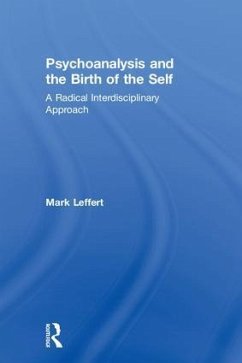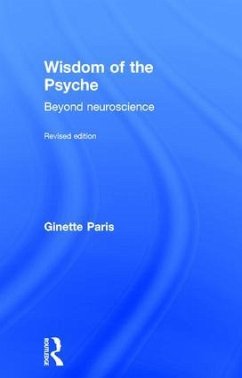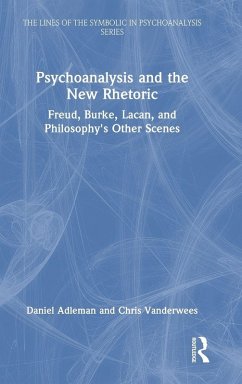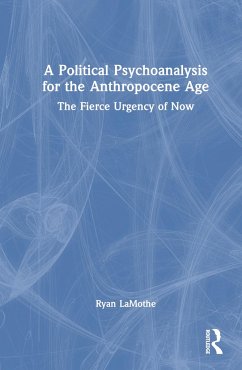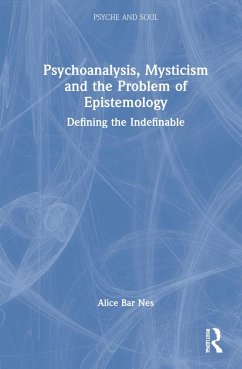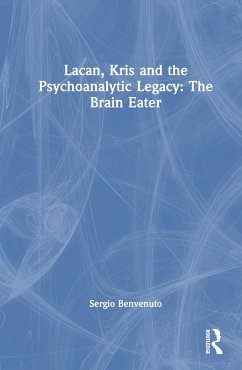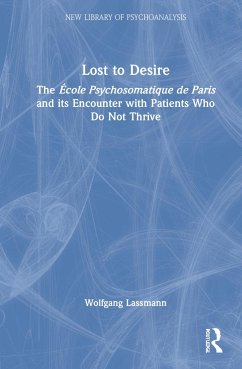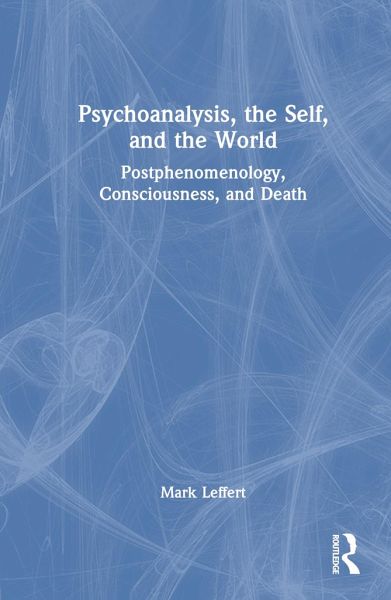
Psychoanalysis, the Self, and the World
Postphenomenology, Consciousness, and Death
Versandkostenfrei!
Versandfertig in 1-2 Wochen
152,99 €
inkl. MwSt.
Weitere Ausgaben:

PAYBACK Punkte
76 °P sammeln!
This book takes psychoanalysis into the 21st Century, examining issues of existentialism, postphenomenology, social media, and death and death anxiety that have gone largely ignored in the psychoanalytic and psychotherapeutic literature.





